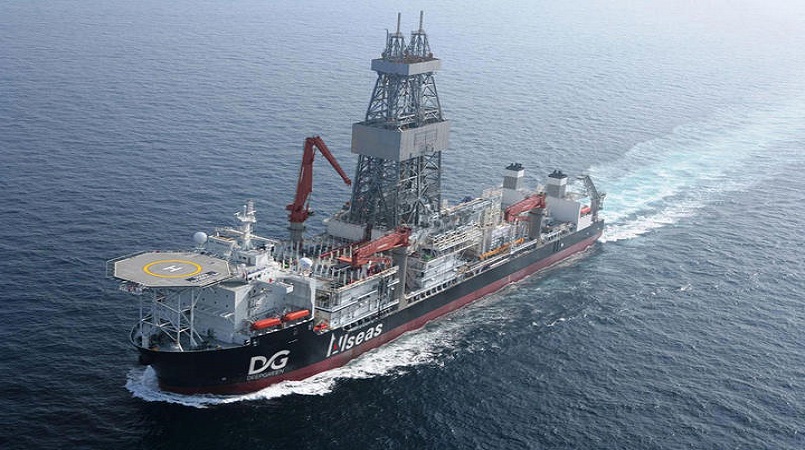
Environmentalists are warning Pacific Island countries exploring opportunities for deepsea mining for polymetallic nodules on the seafloor that this new, experimental industry is too risky.
As the pandemic dries up traditional revenue sources, some Pacific Island governments are considering diving into the unknown waters of deepsea mining.
Advocates of mining say the world badly needs the nodules for materials to make batteries that will drive the carbon-free societies of the future, but it's a gamble which Pacific countries are being warned is too risky.
The fledgling deepsea mining sector is moving quickly, and much of its interest centres on the world's biggest ocean. The mining would take place in the dark, furthest depths of the ocean, several kilometres below the surface, a place where humankind's destructive touch has been unable to reach - until now.
One of the key players claiming to have the technology and finance to do the work is a Canada-based seabed mining company which has explorations contracts with Nauru, Tonga and Kiribati.
DeepGreen Metals is focussed on the massive Clarion Clipperton Zone in the Central Pacific where it has marine claims under an agreement with the UN's International Seabed Authority and sponsored by Nauru.
According to DeepGreen's CEO and chairman, Gerard Barron, their aim is to source the metals needed for the batteries in electric vehicles and renewable power storage.
Barron said the nodules they seek were vital for the transition to a zero carbon economy, enthusing that they sit like golf balls on the seabed so that you don't have to drill, dig or blast for them.
"They grow a little bit like a pearl grows. And it's like Mother Nature made this resource for us, for the times that we're entering now, because of course the world is on a massive push to move away from fossil fuels, and what do we need to do if we want to do that? We need to build a lot of batteries."
But DeepGreen's recent claim that deepsea mining would entail minimal toxic tailings and be far less damaging to the environment than land-based mining has raised the hackles of environmentalists.
Catherine Coumans of Miningwatch Canada said the scenario DeepGreen presented was more risky than for land-based mining, where its impacts are much more understood. Coming from someone like Coumans, a long-time trenchant critic of land-based mining in parts of the world such as Papua New Guinea, that is really saying something.
"So on land if something goes wrong, if there's a spill or a dam burst or whatever, there's people there who can see it, you can fly drones over, you can see the impacts and you can get at it to try and stop the leak or mitigate the environment or remediate the environment. You can't do any of that in the deep sea."
"These n
